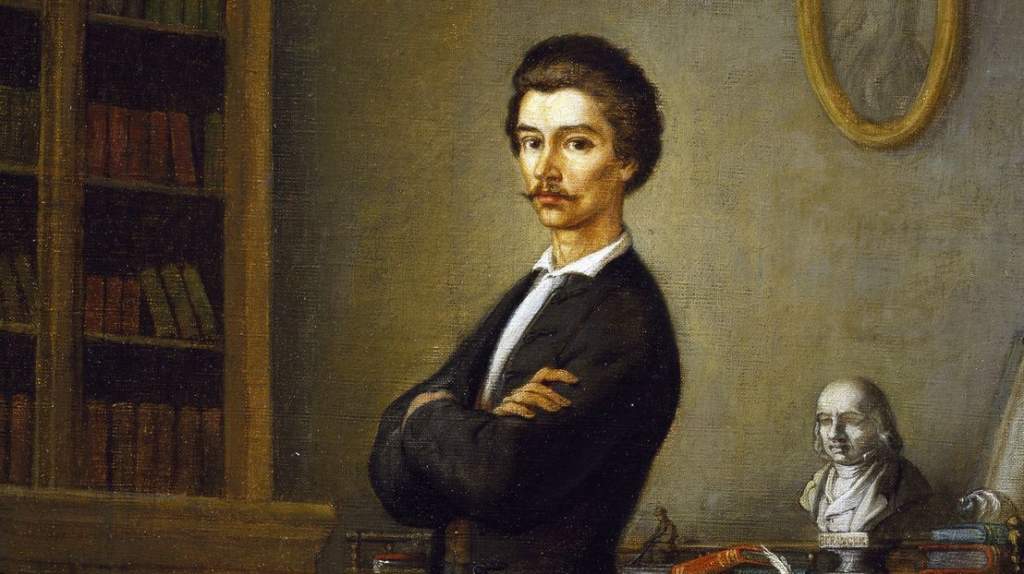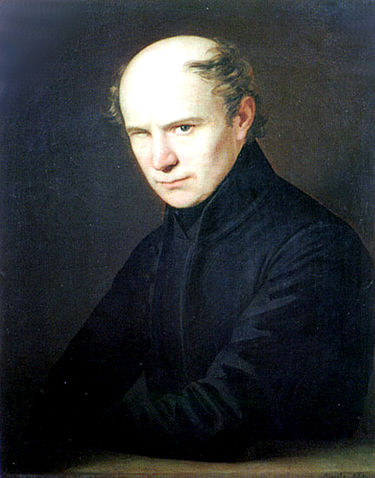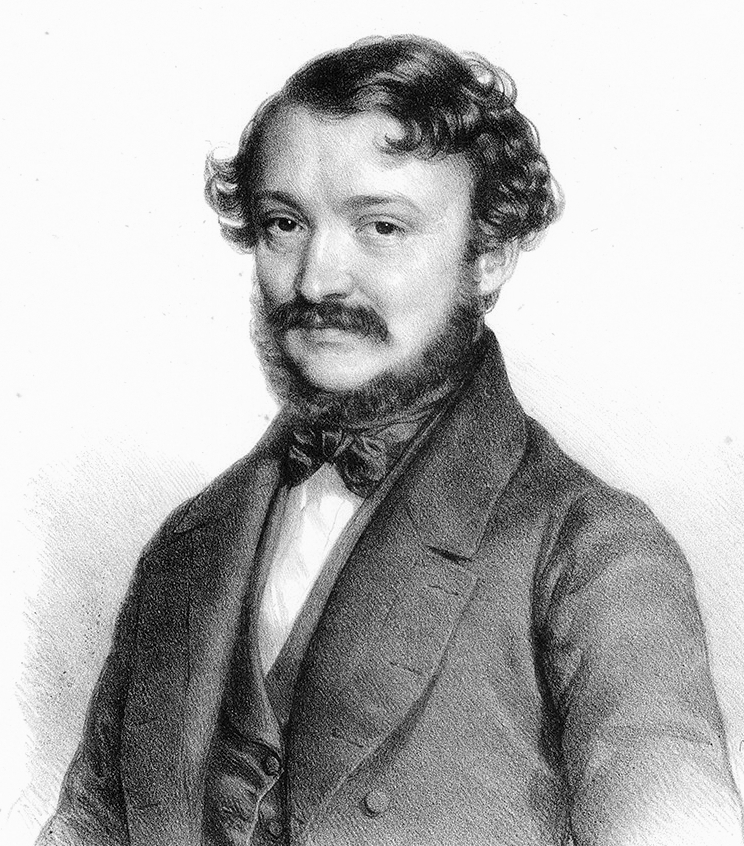
The country marks the anniversary with a commemorative year full of various cultural programs.Continue reading
The famous Hungarian poet, Ferenc Kölcsey, was born 233 years ago, on August 8, 1790 in Sződemeter (Săuca, today’s Romania). Kölcsey was a poet, politician, academic, one of the leading figures of the reform era (19th century, 1825–1848), and writer of the Hungarian national anthem.
Ferenc Kölcsey came from a noble family, but social inequalities and political development issues preoccupied him. In 1829, he became the chief notary of Satu Mare (Szatmárnémeti) and the envoy of his county to the first so-called reform congress of 1832 in Bratislava (Pozsony). Bratislava was a part of Hungary at that time and between 1832 and 1836, the Diet of Hungary met there. He resigned from his position as emissary in 1835, and remained chief notary. He was a versatile orator who was also well versed in philosophy. His articles and speeches on the rights of the Hungarian language, the defense of serfdom and tithing, and the unification of Hungary and Transylvania are of great importance.

He lost sight in his right eye as a result of smallpox in childhood. Oral tradition has it that during the treatment of the disease, according to the custom of the time, a child treated in a fiery furnace had a spark pop into his eye, but this legend has not been proven beyond doubt. Photo via Wikipedia
His love for poetry began early in his school years, when due to his blindness in one eye as a result of smallpox, he became reserved and spent his time studying works by famous French, German, and Hungarian poets and writers. He could read in Latin, Greek, German, and French with ease. After completing his law studies, he devoted more time to poetry.
Kölcsey was one of the firsts to write ballads. With his criticism of the poems of Mihály Csokonai and Dániel Berzsenyi, he founded Hungarian literary criticism with a content-psychological method.
He became acquainted with one of the great Hungarian poets, Ferenc Kazinczy, whom he saw as a role model in his school days, but whose reforms of the Hungarian language he later criticized.
On January 22, 1823, he wrote his poem “Hymn – From the stormy centuries of the Hungarian nation,” which was translated into numerous foreign languages, even Armenian and Hebrew.
Composer Ferenc Erkel set it to music in 1844, and the majestic melody was premiered at the National Theater in Pest in the summer of the same year. With his music, the poem became Hungary’s national anthem. January 22nd has been celebrated as the Day of Hungarian Culture since 1989. The original manuscript of the work, signed by Kölcsey himself, is kept in the Széchényi National Library, in Budapest.

Ferenc Erkel, the composer of the national anthem, on a lithograph by Miklós Barabás, 1845. Photo via Wikipedia
Kölcsey was an honorary member of the Hungarian Academy of Sciences and a founding member of the Kisfaludy Society.
The Kisfaludy Society was founded in 1836, in Pest by friends and fellow writers of Károly Kisfaludy, with the initial aim of publishing all the poet’s works and erecting monuments to them.
At the end of his life, Kölcsey was busy with the trial of Baron Miklós Wesselényi. The liberal opposition leader was accused of disloyalty, and he undertook to defend him, but was unable to complete his defense. On August 24, 1838, he died suddenly as a result of a cold. He was buried at the place of his death in Čaka (Cseke, Slovakia).
In 1864, a statue was erected in his memory in Satu Mare and in 1897, in Carei (Nagykároly).
Via Ungarn Heute, Featured photo via Facebook/Irodalmi Várkert Facebook